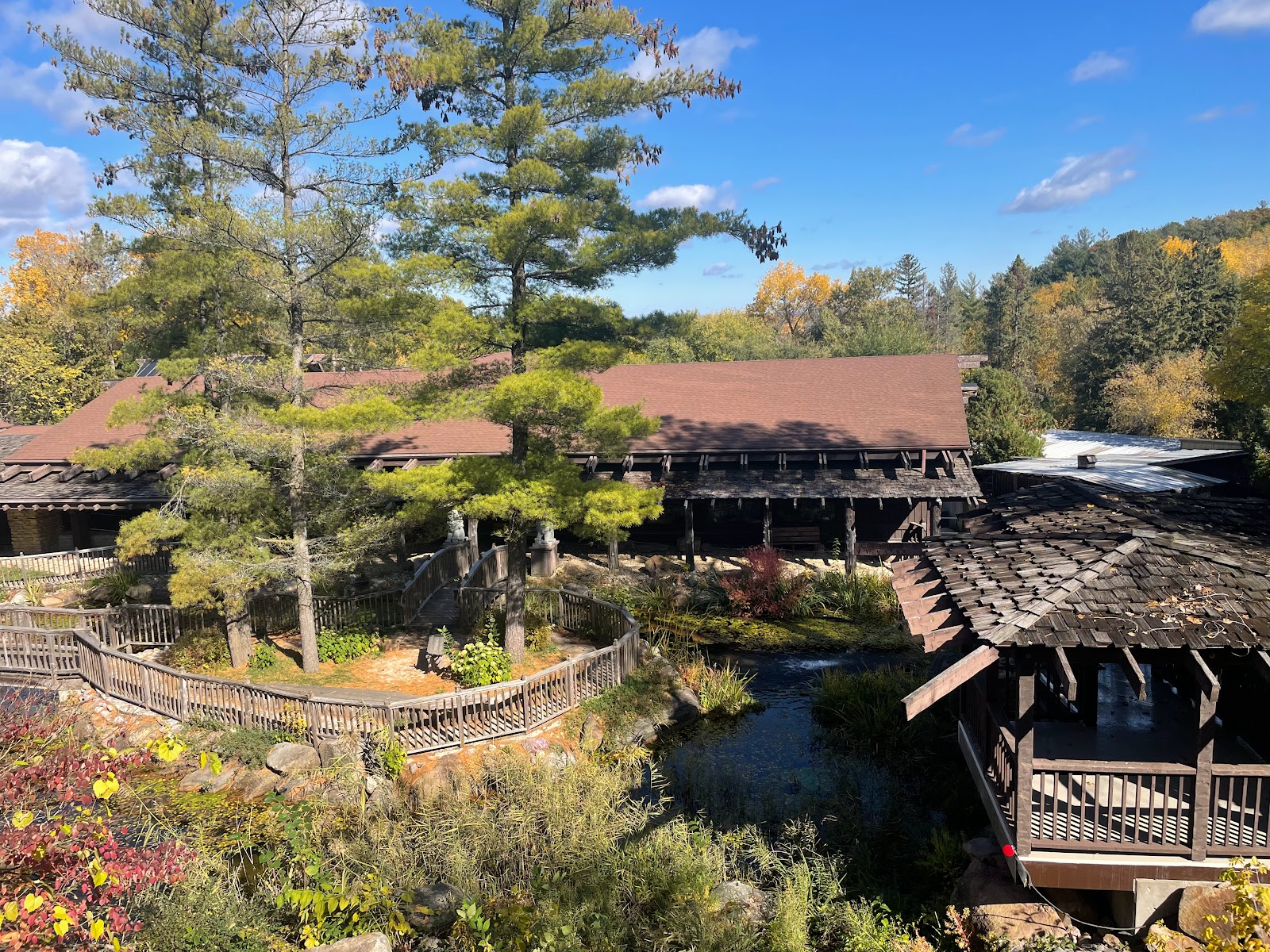Community, Riots, and Why Sense of Place Matters
To put this in context, I live — have chosen to live, find it my true home — in the Selby-Dale neighborhood of Saint Paul. Selby-Dale, as you may know, has a notorious reputation as "the hood" in Saint Paul, a reputation born literally from ONE NIGHT of riots in the area on August 30, 1968. When I bought my house in 1993, 25 years later, the neighborhood was still suffering under the weight of those riots; in fact, to this day we have some people express disbelief that we live in "that area." To my knowledge, until this last week, those were the most notorious riots in the city.
So I look at the events of this week with a particular viewpoint, and admittedly it's not a very honed one. As I just posted on Facebook:
This morning, I'm looking at the pictures people are posting of the aftermath (if you are not already following @bymyself and @scottsphoto on Twitter, you should be). And I'm absolutely flattened by the destruction.
People are talking about the buildings lost. "I wish I had picked up that last prescription from Lloyd's Pharmacy." "I can't believe Uncle Hugo's burned." "What does it even mean when my neighborhood's post office burns down? Are we even a place anymore?" There's a strange duality, where the same people who rightfully say that looting is not the same as murder, that a store's stock can be replenished but a life cannot, are standing silent and horrified looking at the smoldering hole in the streetscape that used to be the Town Talk Diner.
And this does not even begin to touch on the functional losses to the community. With the main groceries and other stores in my neighborhood destroyed, where are people supposed to even get food for the next several months, IF those places even choose to rebuild?
This is why I am a preservationist. Not because of nice aesthetics, or even because of plucky, HGTV renovations. Because places matter. A home, a business, a community space is supposed to be built to outlast all of us, to provide a stable place that exists longer than any individual person and provides us with a community anchor. When we die, our community, our sense of place lives on. It's bigger than all of us. When we live and work and go to school and recreate in these places, we become part of something much larger than us. We exist together, united.
And when we lose these places, we lose part of our souls.
I'm a preservationist because I believe in these places, even the smallest of them, stand for who we are as a community.
And if my neighborhood still reels, 50 years later, from one tragic night of rioting, what does that mean for the large scale destruction right now of my city/(cities)?
So I look at the events of this week with a particular viewpoint, and admittedly it's not a very honed one. As I just posted on Facebook:
But as I try to think my way out of this, I'm also thinking about the long game.Something to keep in mind, especially when we are all exceptionally weary from months of pandemic uncertainty:We're not good at duality, at 2 apparently opposite things being true at the same time. A person can support protests, yet disavow riots. A person can understand the reasons that riots happen, yet be against them. A person can support protests, while being against outside agitators. A person can believe in our governmental leaders, while feeling profoundly let down by them. A person can even try to be anti-racist, while failing at it sometimes (as long as they get up and try again).I don't even know how we begin to try to fix this, y'all.
This morning, I'm looking at the pictures people are posting of the aftermath (if you are not already following @bymyself and @scottsphoto on Twitter, you should be). And I'm absolutely flattened by the destruction.
People are talking about the buildings lost. "I wish I had picked up that last prescription from Lloyd's Pharmacy." "I can't believe Uncle Hugo's burned." "What does it even mean when my neighborhood's post office burns down? Are we even a place anymore?" There's a strange duality, where the same people who rightfully say that looting is not the same as murder, that a store's stock can be replenished but a life cannot, are standing silent and horrified looking at the smoldering hole in the streetscape that used to be the Town Talk Diner.
And this does not even begin to touch on the functional losses to the community. With the main groceries and other stores in my neighborhood destroyed, where are people supposed to even get food for the next several months, IF those places even choose to rebuild?
This is why I am a preservationist. Not because of nice aesthetics, or even because of plucky, HGTV renovations. Because places matter. A home, a business, a community space is supposed to be built to outlast all of us, to provide a stable place that exists longer than any individual person and provides us with a community anchor. When we die, our community, our sense of place lives on. It's bigger than all of us. When we live and work and go to school and recreate in these places, we become part of something much larger than us. We exist together, united.
And when we lose these places, we lose part of our souls.
I'm a preservationist because I believe in these places, even the smallest of them, stand for who we are as a community.
And if my neighborhood still reels, 50 years later, from one tragic night of rioting, what does that mean for the large scale destruction right now of my city/(cities)?



Comments